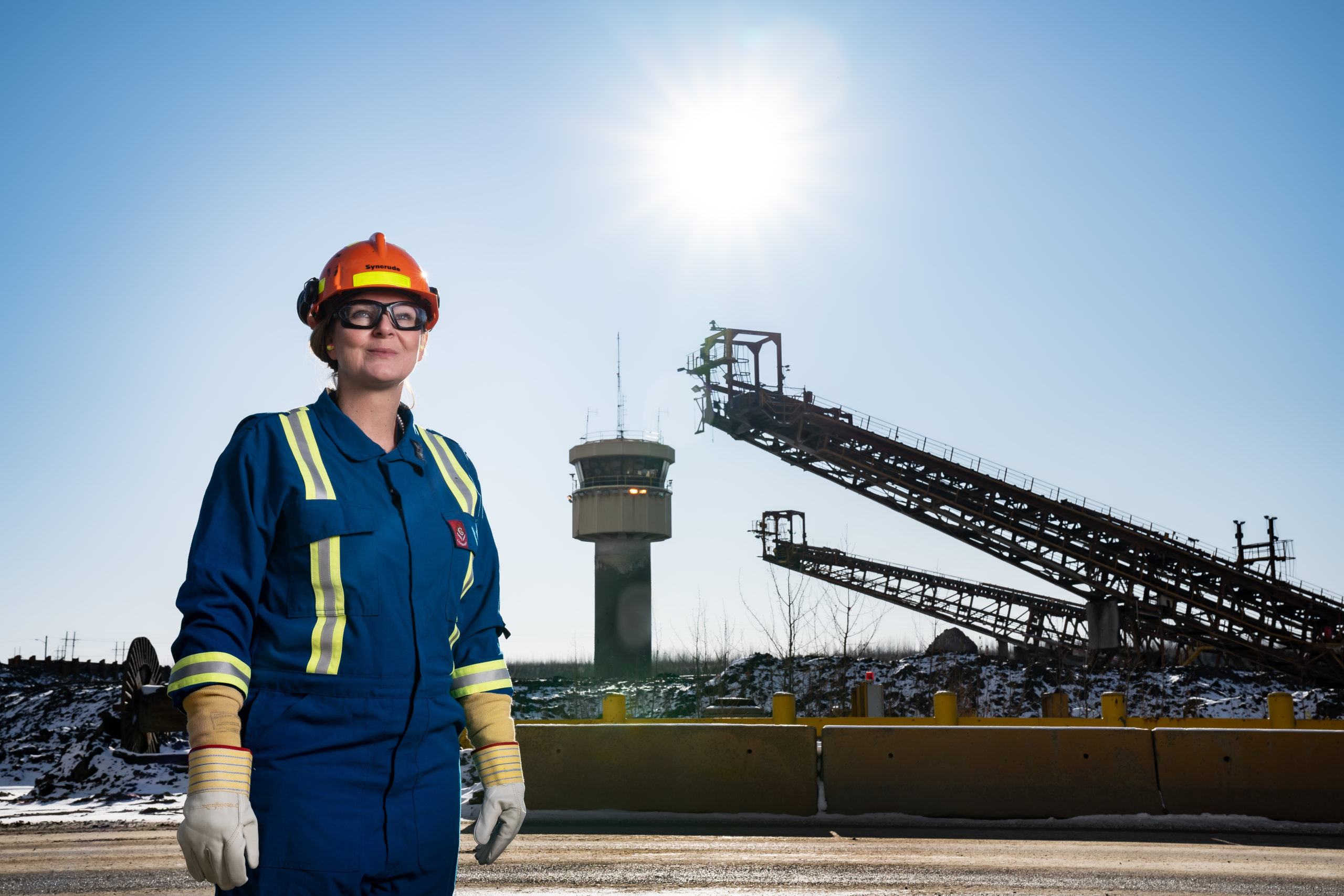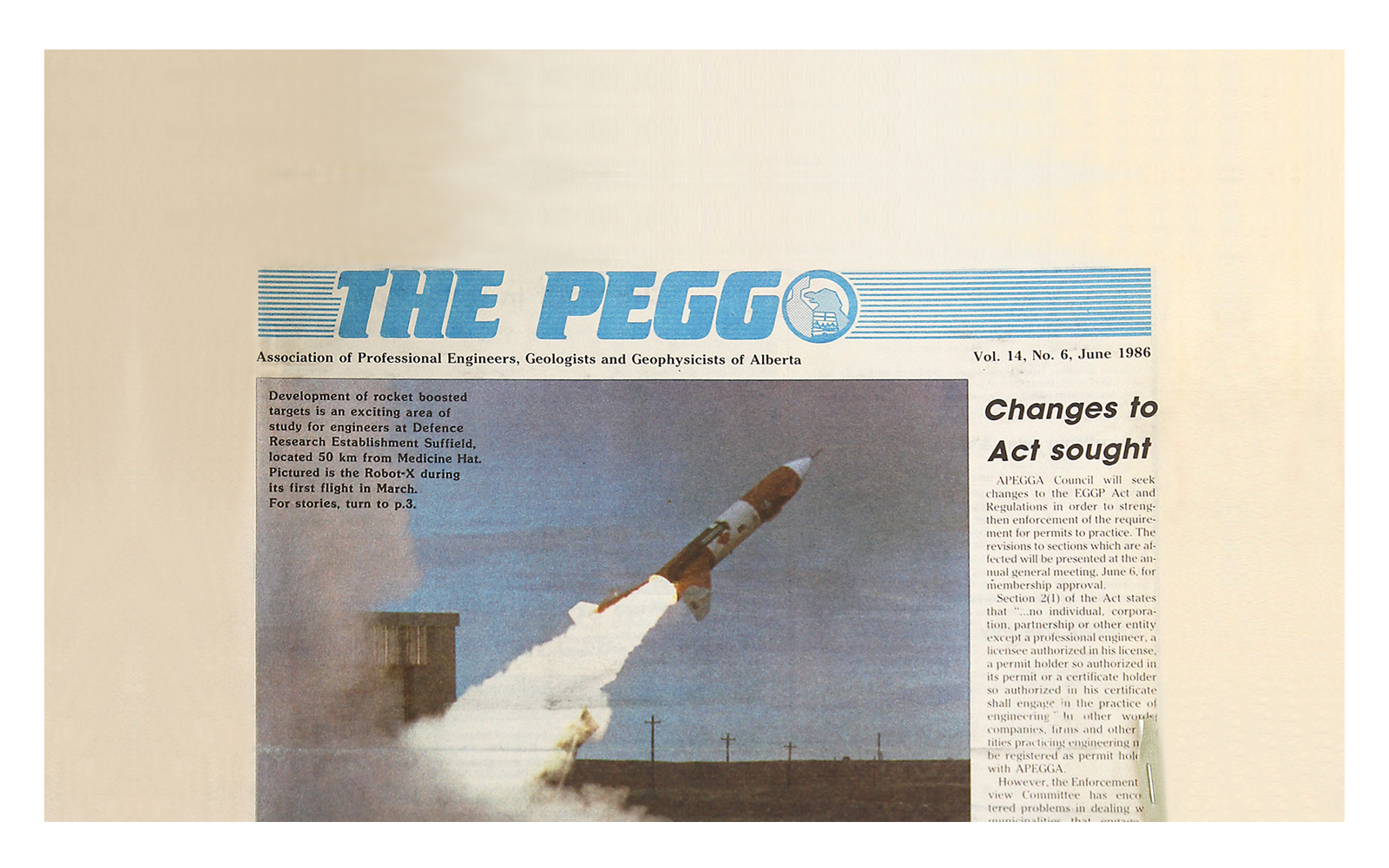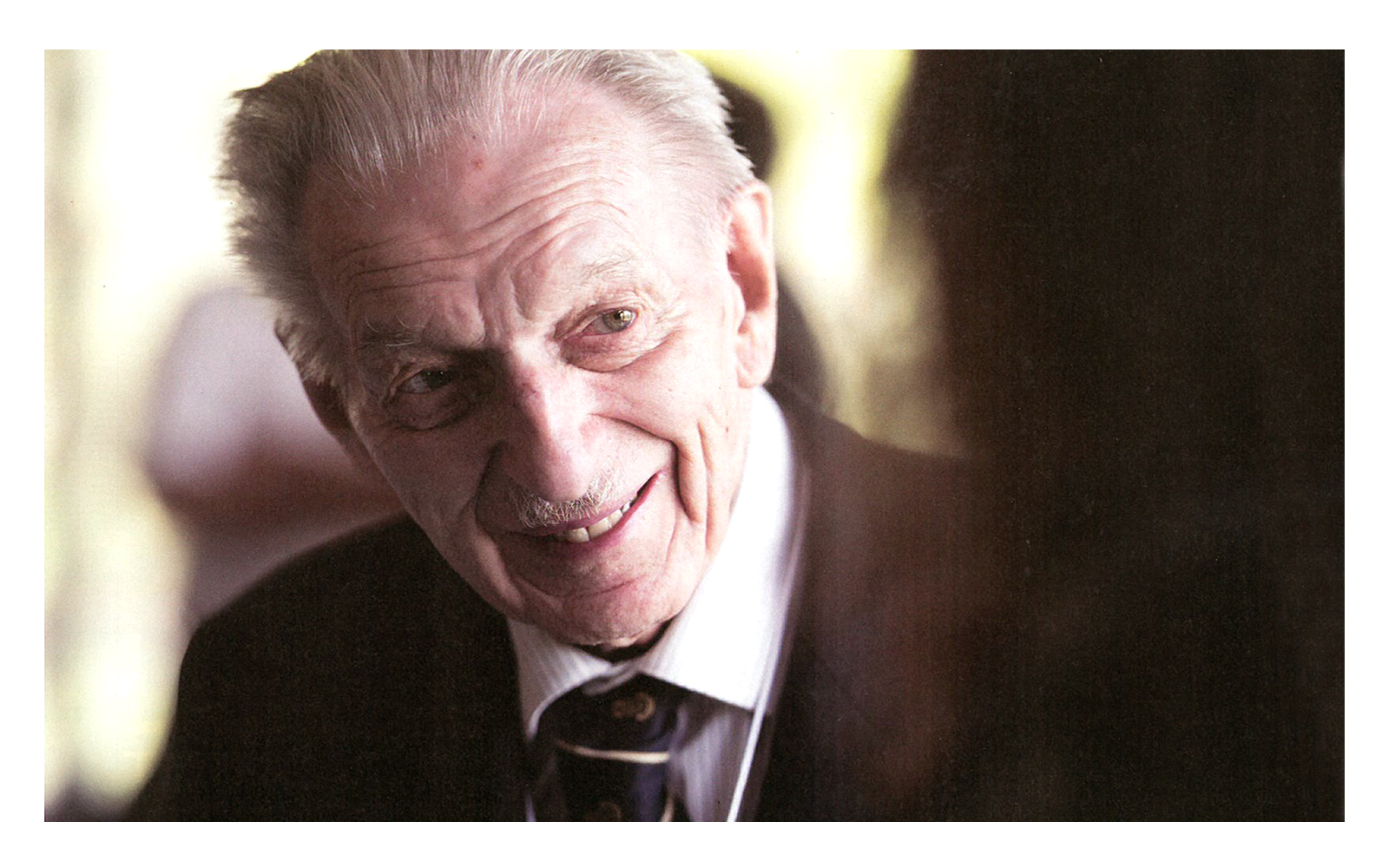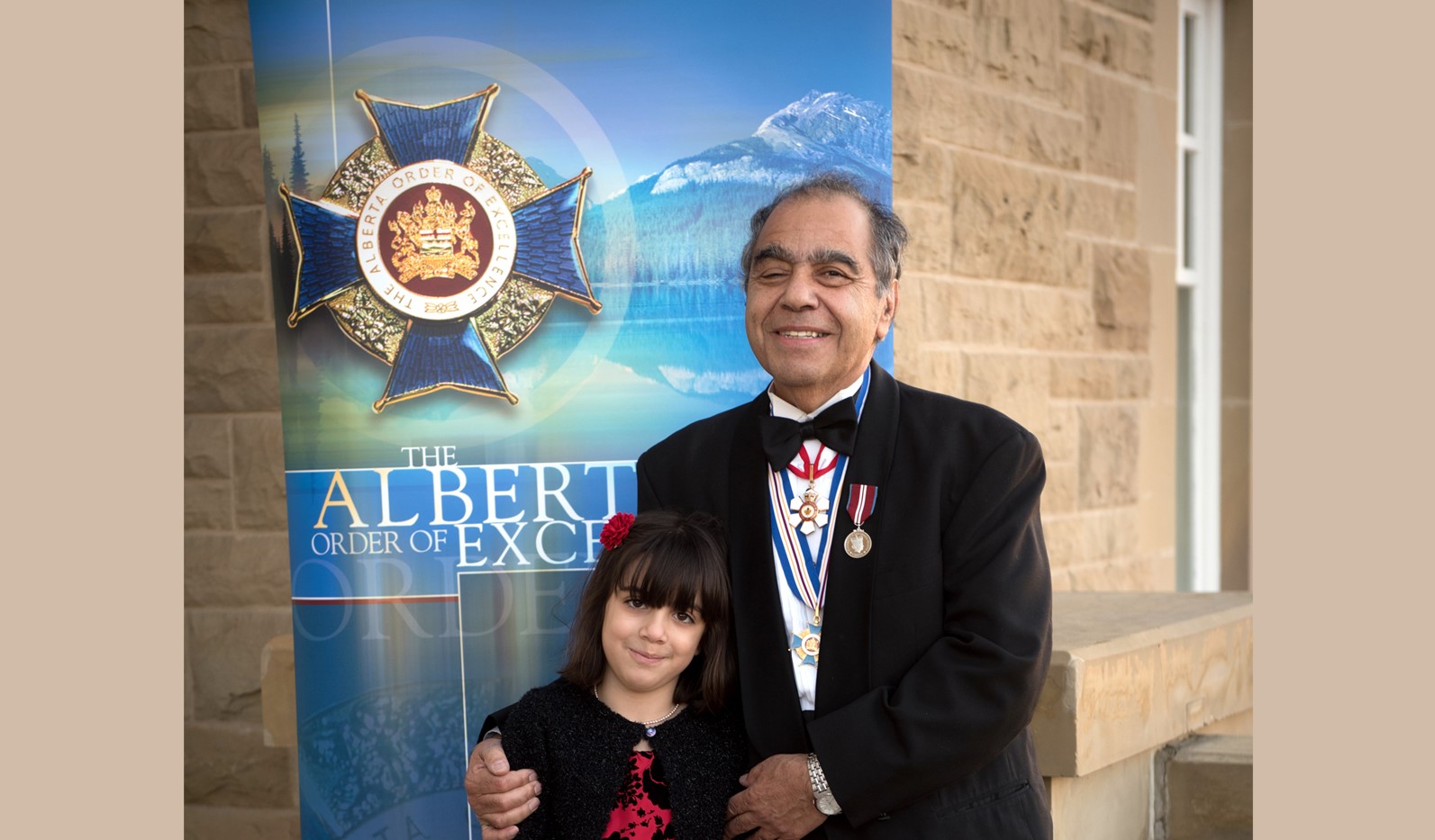Photo courtesy of Syncrude
Past APEGA President Encourages Creativity and Collaboration to Succeed in a Changing World
Whatever your age, stay nimble by trying new things. That’s a key insight a past APEGA president and women-in-science trailblazer has for her fellow Albertans.
“Don’t get caught up in career progression,” says Kim Farwell, P.Eng. “You need to try things when you’re 22, 45, 55, and when you’re 75, too.”
A professional engineer, mentor, community volunteer, and Formula One racing fan, Kim lives by those words. During a Syncrude career that’s so far spanned a quarter-century, this specialist in conventional oilsands extraction has practised engineering in a range of technical and managerial roles.
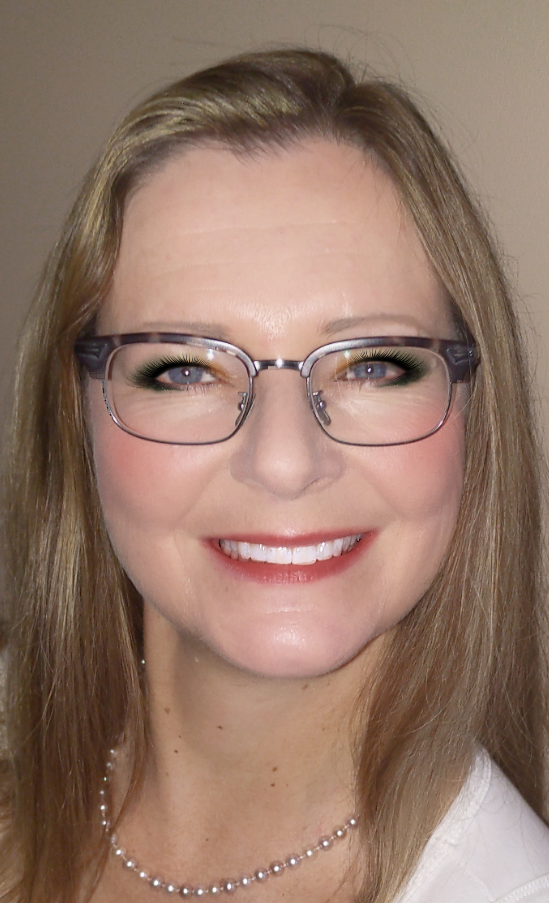
Photo courtesy of Syncrude
Kim has always blazed her own trail, being sure to shine a light for others to follow.
“APEGA’s 100-year history of self-regulating our professions—with the level of pride and integrity that we have— is something we should be excited to celebrate,” she says.
A longtime Fort McMurray community volunteer, Kim sits on the Keyano College board of governors. She is active politically as a volunteer, both federally and provincially. And she’s part of a local group that’s modernizing and revamping the Fort McMurray Area 63 Motorsports Park, with the goal of making it a facility the whole community can enjoy.
In a way, APEGA saw this coming. In 2003, the association identified Kim as a superstar in her profession, presenting her with the Early Accomplishment Summit Award. Seven years later, she became APEGA’s youngest-ever woman president. She was 39.
Her APEGA volunteer and leadership journey, which continues today, has included service on an APEGA committee dedicated to increasing the representation of women in engineering and geoscience. She’s also served with the association’s branch in Fort McMurray, twice as the chair.
For women and others underrepresented in science, technology, engineering, and math, Kim suggests working with a mentor who can talk them through obstacles. “It’s a good way to learn a lot of the tools for deciding that something isn’t a barrier.”
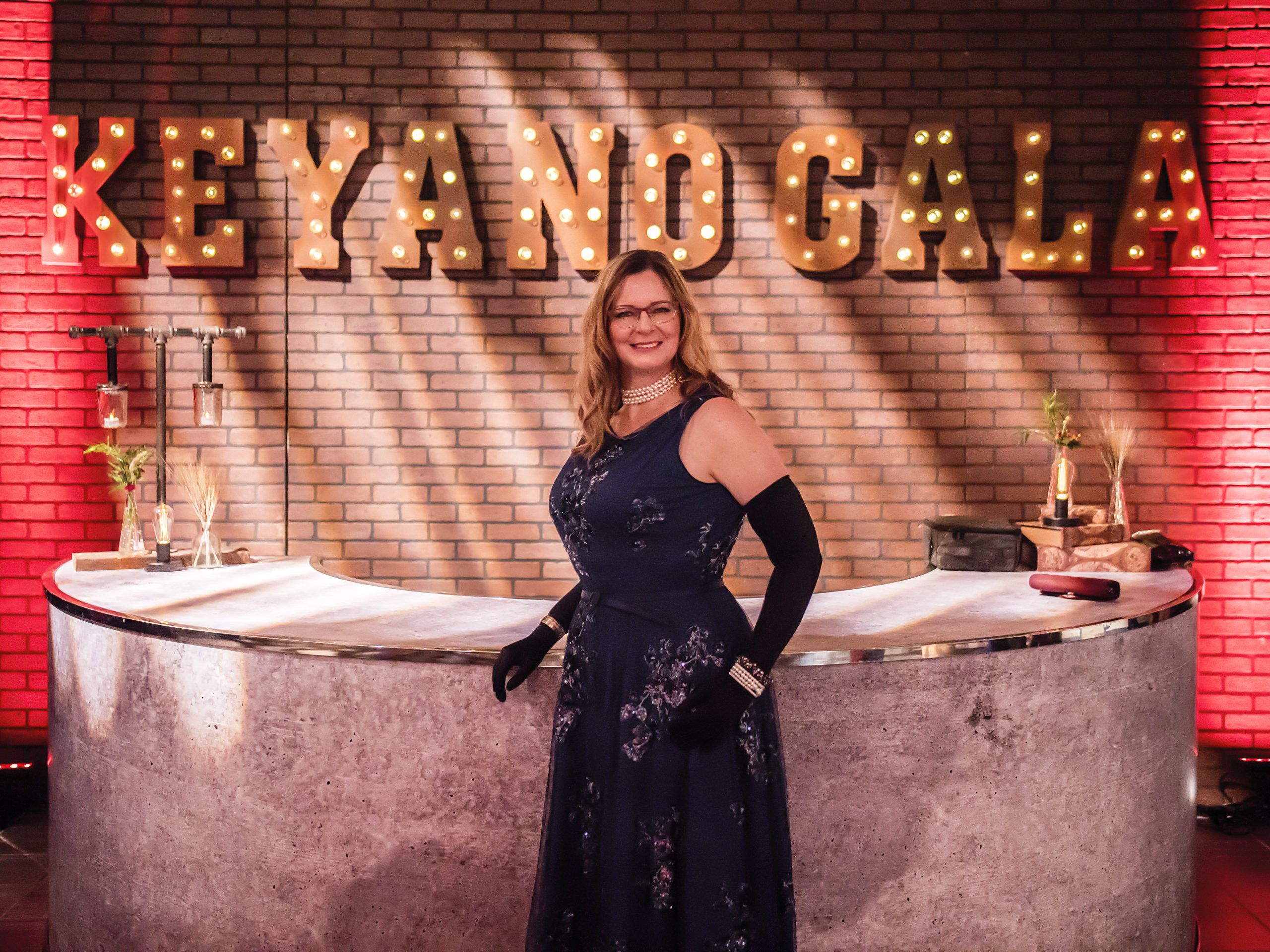
Photo courtesy of Kim Farwell
Born and raised in Mississauga, Ontario, Kim earned a bachelor’s degree in chemical engineering from the University of Waterloo in 1995. She headed west as a co-op student, becoming a project engineer at Syncrude in Fort McMurray. In 2002, she followed up her undergraduate degree with an MBA from the University of Alberta, delivered mostly by videoconference at Fort McMurray’s Keyano College.
“What I enjoy most about the technical side of my career is being able to work through data and learn new things that no one else ever knew before. It’s a team environment of doing that that’s so much fun,” says Kim, whose role is manager of production planning and control, quality and extraction technical. “And on the management side, it’s growing people to be the best that they can be.”
And that helps Alberta be its best, especially in times of rapid change and increasing challenges. She says Albertans must become more competitive on the world market. We must use, create, and constantly improve new technologies, including those that help people and society adapt to climate change and mitigate its effects.
“It’s all going to be about change. How do we take our great technical knowledge and adapt to that changing world? The need for the skills that engineers and geoscientists have is only growing. We are the professions positioned to manage those challenges,” she says.
“It’s a matter of working together. It’s about being creative in finding solutions, because they won’t always be in your direct line of work or your direct skillset.”
